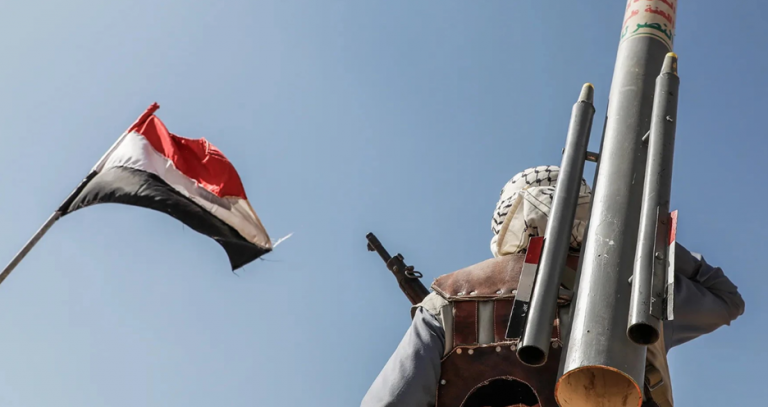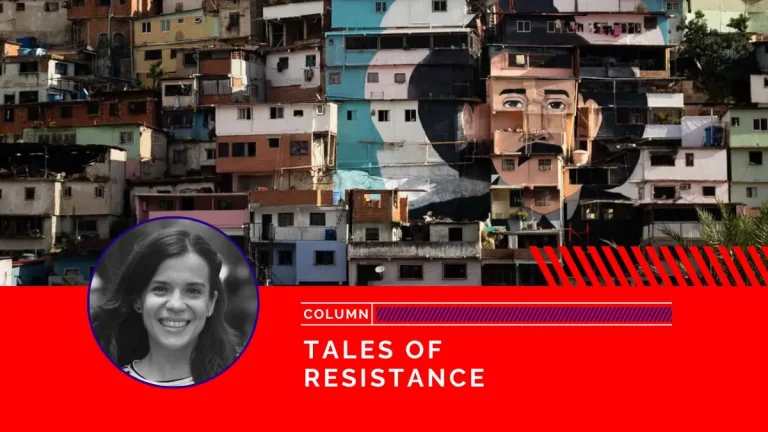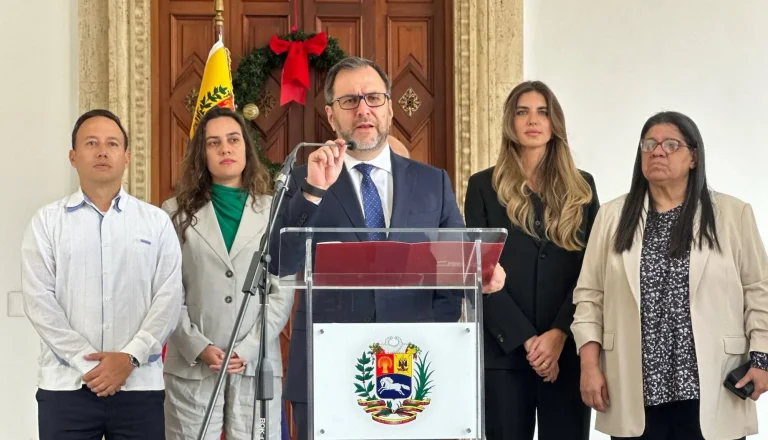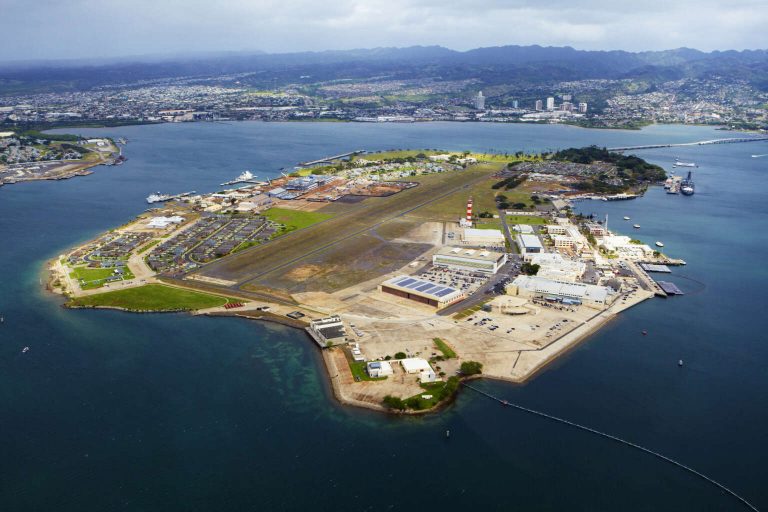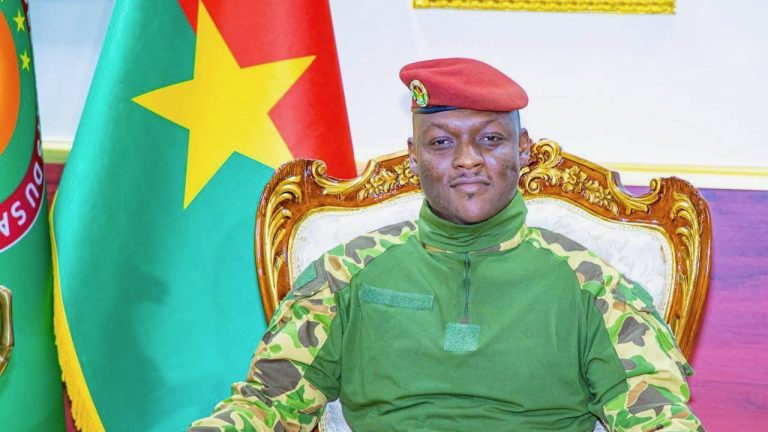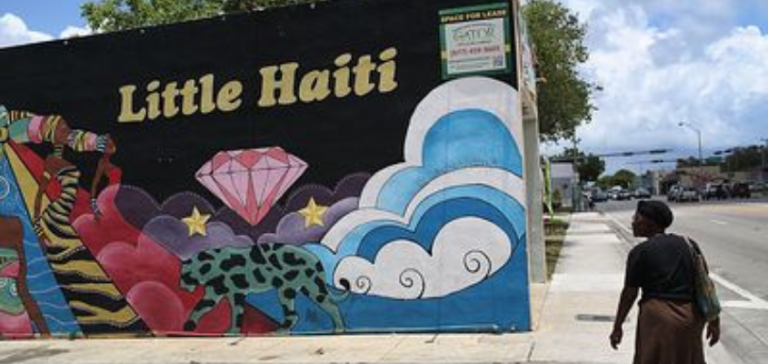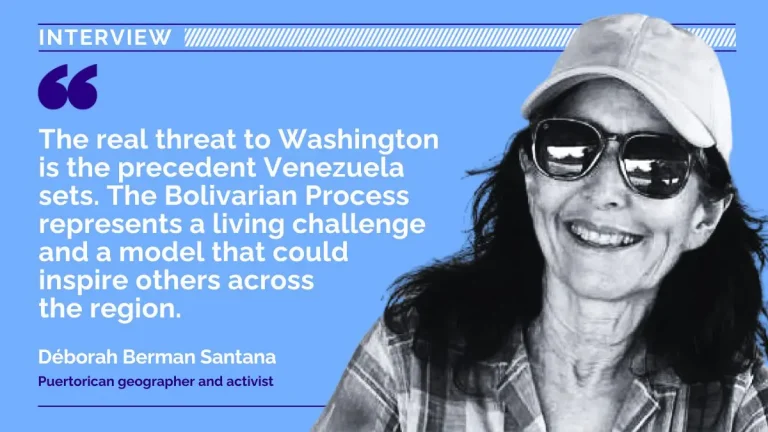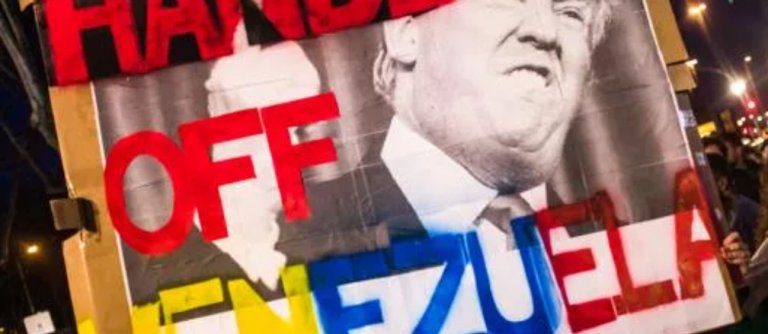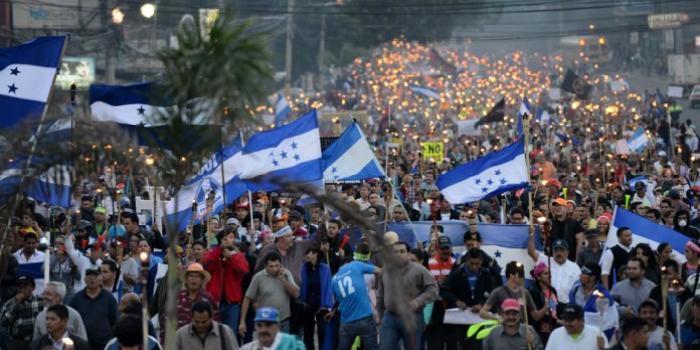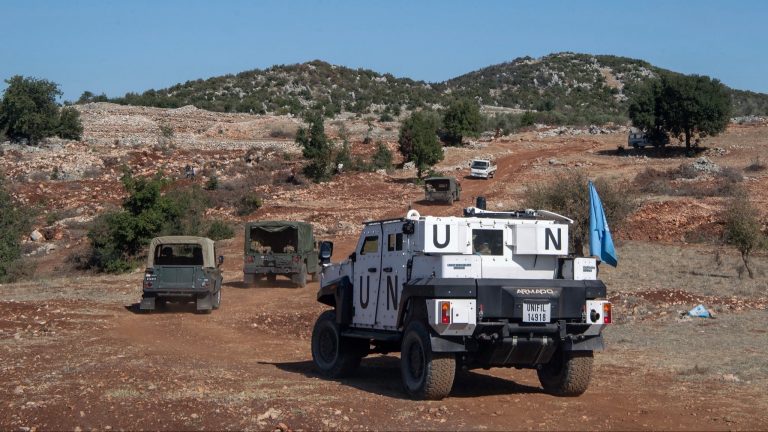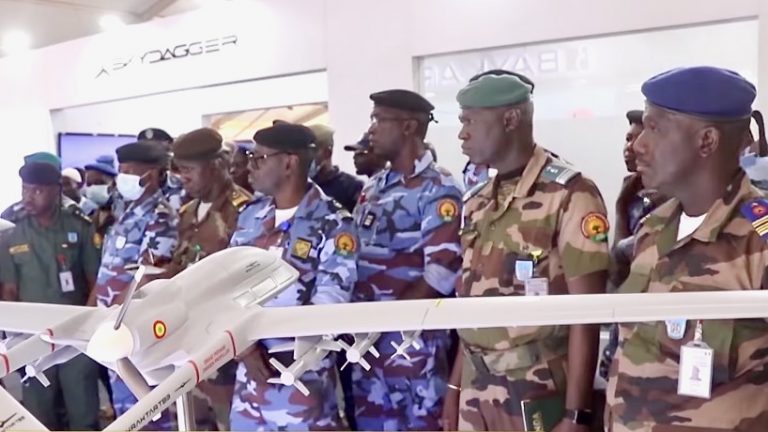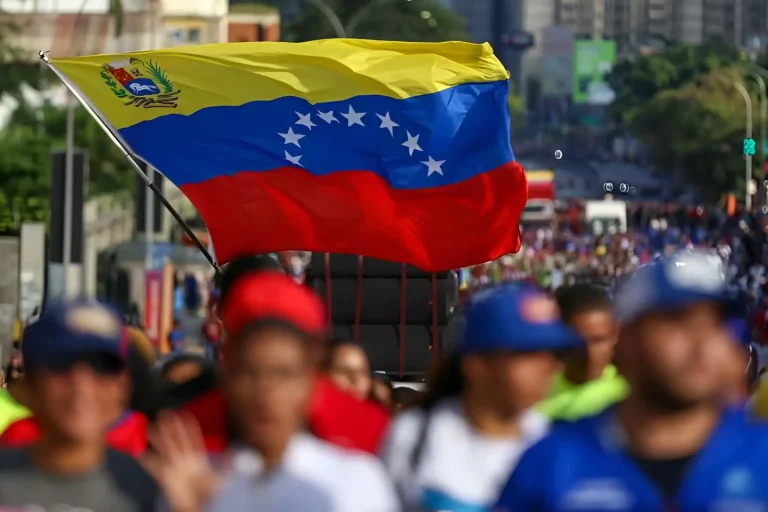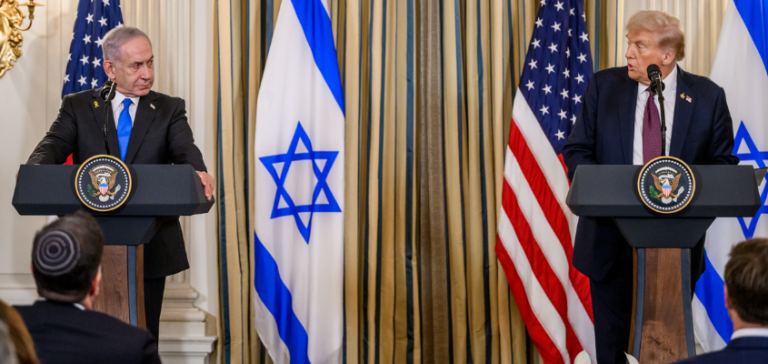Yemeni Resistance Leader Vows To Target Israeli Presence In Somalia
The leader of Yemen’s Ansarallah resistance movement, Abdul Malik al-Houthi, warned in a speech on 28 December that any potential Israeli presence in Somaliland will be considered a “military target” for the Yemeni Armed Forces (YAF).
The speech came as several African, Arab, and Muslim states condemned Israel’s decision last week to recognize the sovereignty of the separatist Republic of Somaliland, which Somalia views as one of its federal states.
Israel’s recognition of Somaliland is “a hostile stance targeting Somalia and its African surroundings, as well as Yemen and the Red Sea and the countries on its shores,” Houthi said on Sunday.

